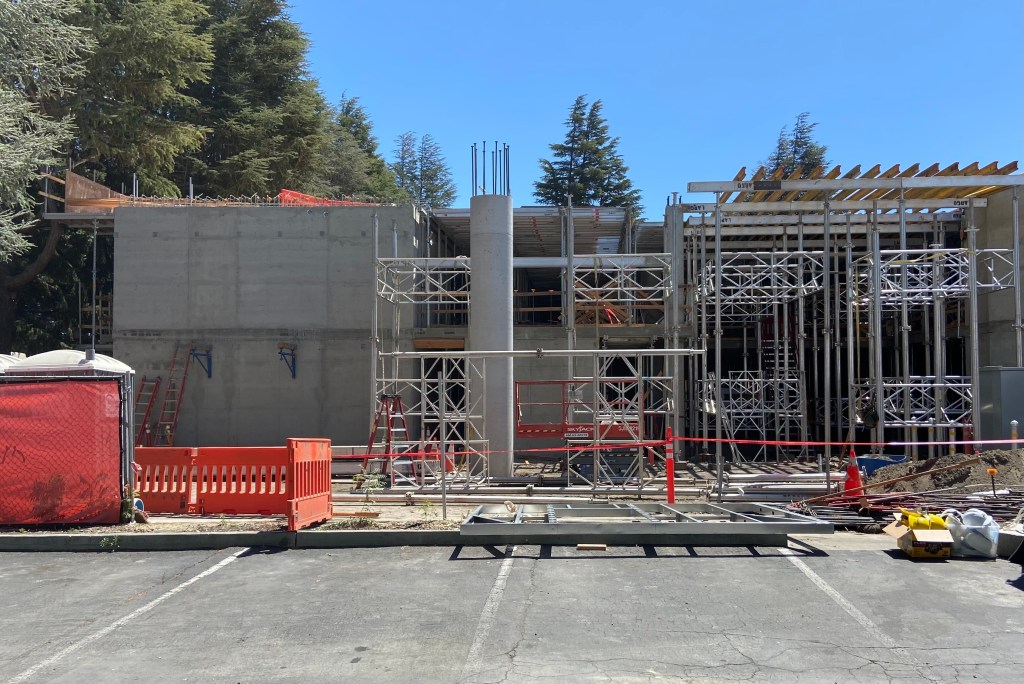Many Americans agree there’s a housing crisis — and it’s radically different from the last one.

Instead of the values of homes dropping too fast, as they did during the foreclosure debacle starting in 2007, they’ve stayed stubbornly high — locking many would-be buyers out of the market, raising rents and adding to anxiety about the cost of living.
Both presidential candidates have promised to improve housing affordability, with Democrat Kamala Harris making it a key part of her economic pitch.
But fixing a problem more than a decade in the making won’t be easy, says Ali Wolf, chief economist for Zonda, which collects data on homebuilding.
This conversation with Bloomberg Television’s Sonali Basak has been edited for clarity and length.
SONALI BASAK: Would you call this a housing crisis?
ALI WOLF: We have one of the worst housing affordability crises we’ve ever seen in the nation’s history. If you look at home prices, we are at an all-time high today. Millions of Americans tell us they want to own a home. They just can’t get to a point where they can afford one.
SB: What brought us here?
AW: It’s kind of two big stories. The first would be the great financial crisis, which really broke the housing market. We started to get into a more healthy environment in 2018 and 2019. I would say the pandemic broke the housing market again. A lot of people have locked in low interest rates when they were available, and that’s now keeping supply really limited. There’s a massive supply and demand imbalance.
SB: Who does this affect the most?
AW: Surprisingly, the middle market and the high-end market are still holding up. There’s still a reasonable amount of sales because those purchasers have some form of wealth allowing them to still be active, whether that’s through the stock market, home equity, retirement savings, just saving over time.
So we’re not as concerned in general with the baby boomers or the Gen Xers. The group we’re most concerned about will be the millennials who have not already purchased. Millennials who are renting and the Gen Z cohort where the majority of them will be renters today just given their age.
SB: What do you make of Kamala Harris’ promise to bring 3 million new homes to the market?
AW: Her plan is to add an additional 3 million beyond what builders were already planning to build. And the first thing I would say is it’s well intended. It’s a nice idea. But for builders, if they could build more homes, generally they would do it.
We know there are so many limitations to being able to reach that goal. Harris is looking at, OK, maybe we can remove some regulation. We heard the same thing from Donald Trump — maybe we can open up some federal land. But if you think about housing and how actual new communities are built, they are built on a local level. It’s going to be based on what the local cities deem to be appropriate, what the zoning laws are, what the local land-use regulation is, and will the neighbors support new development. So there can be this push to lower some of the regulatory barriers, but ultimately it does become a local story.
SB: What happens when people try to increase supply at a local level?
AW: Many of the plots of land where people want to live have already been built on. But let’s say a builder and developer find the land. The builder is going to have to go to the city. They’re going to have to pitch the idea. The city is going to have to approve it, check if it meets their local zoning requirements. The city may give them certain requirements, architectural designs, lot sizes. And once they get that broad approval, they often then have to go out to residents. And the residents will say, “Well, I don’t want to build those homes, because those homes are small and they’ll bring down my home value.” Or: “More people coming into the area increases congestion. I just don’t want it built.” So there are so many hurdles at each of those different layers.
SB: There’s a growing movement to lower these barriers called Yimby—or “yes, in my backyard.”
AW: Yeah. For so long it’s been “not in my backyard.” And now I think some of the different generations—maybe it’s a baby boomer who already owns a home and didn’t want to see new development—realizing that, one, this will impact economic activity. Two, this will impact wealth building. And three, this directly impacts my children. It’s not just an issue of “Oh, those people can’t afford a home.” A lot of people can see this in their own families. And I think that’s encouraging the Yimby movement.
SB: Is there a shift in the way cities are handling this?
AW: Look at somewhere like Minneapolis. They removed some of their single-family zoning laws, and we pulled data recently that captured a pretty notable increase in new-townhome construction in those areas. So generally, if you see a policy shift — and if it has been well thought through — the builders and developers can make the deals make sense.
SB: Over the last several years as this affordability crisis has deepened, how have the politics changed around it?
AW: There is just a little bit more acceptance and discussion of housing. I’m involved in a meeting every month with the White House to talk about what is happening with housing trends. I think there’s this interest to want to know what is going on.
SB: Part of the Harris plan is to provide up to $25,000 in downpayment support to first-time homebuyers. How realistic is that?

















































